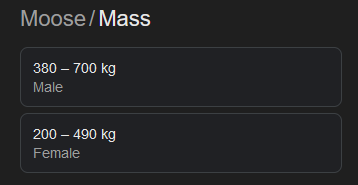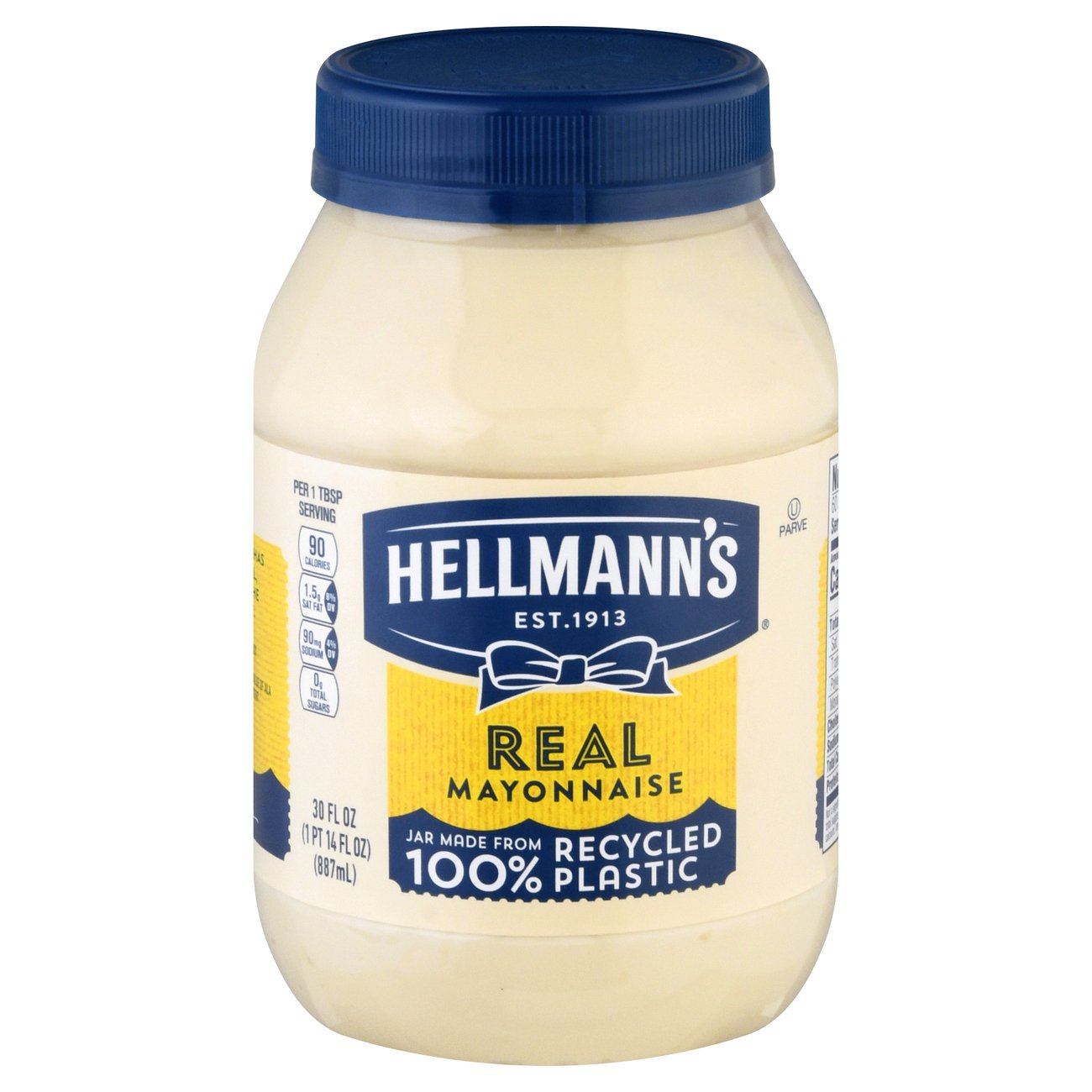Wyoming resident here. We actually do have a "zombie moose" problem and its persistence is in part due to a lack of wolves. No, I am not kidding.
https://www.gavi.org/vaccineswork/zombie-deer-disease-spreading-and-scientists-are-concerned-it-could-jump-humans
One wolf killing a moose is a very difficult feat. But when that wolf succeeds he gets more than half of the meat still.
Six wolves will have a much easier time killing a single moose. They will have almost all meat for themselves, but now have to divide it among them. If that would be done fairly every wolf would only get a third of what they would get if they killed a moose alone.
I don't think what's said in the screenshot is as straightforward as they think it is. I'd be more convinced hunting in packs has a lot more to do with being able to tackle stronger prey. A moose isn't defenseless.
How is one wolf killing a moose solo? I feel like the wolf would need to catch the moose sleeping to do that.
But wait, if a lone wolf gets 53% of the moose, but a pack of six gets 83% of the moose, then per-wolf that's 13.8% of the moose. Why would an individual opt to hunt in a pack then?
this is meaningless since we dont know how often they try and how often they succeed. it's the monthly moose ration that matters, not how much they can eat from a single kill.
Which would conversely strengthen the idea that wolves hunt in packs due to the difficulty of hunting.
Family groups. Kids old enough to hunt but not old enough to strike off on their own.
A single wolf may be able to kill a moose but a pack can definitely kill a moose. A single wolf might have to limit themselves to smaller moose while a pack can successfully take on a larger moose. A pack might have an easier time separating a single moose from the rest of the ...
mooses?...meece?...moose herd.
- Show
 Show
Show
So the single wolf is eating multiple times its bodysize before giving up?
Actuallyyy...
Goose comes from Old English, where they pluralized [go:s] (think "goes" with a soft S) by adding [iz] (like "ease").
When saying [go:siz], it was kinda hard for the mouth to switch the vowels from the [o] to the [i] quickly, so to save themselves the trouble, they'd change the first vowel to make it a little more similar to the second, so [go:siz] became [ge:siz].
Then, that was too long, so they dropped the [z]. [ge:si] (think "guessy" but the "e" lasts a bit longer than usual).
Then, that was too long, so they dropped the [i]. [ge:s] ("guess" with that same drawn out "e").
📯It's the Great Vowel Shift!📯 Now, [go:s] and [ge:s] become [gu:s] and [gi:s]. Almost there!
The vowels become a tad short over time, and now, you have [gus] and [gis] which are written "goose" and "geese".
But "MOOSE"? That's Algonquin. It has nothing to do with all that noise. "But they sound the same and are written the same?!" So? Haven't you heard? English orthography is a dumpster fire. Nobody knows what they're doing. Not even the words.





